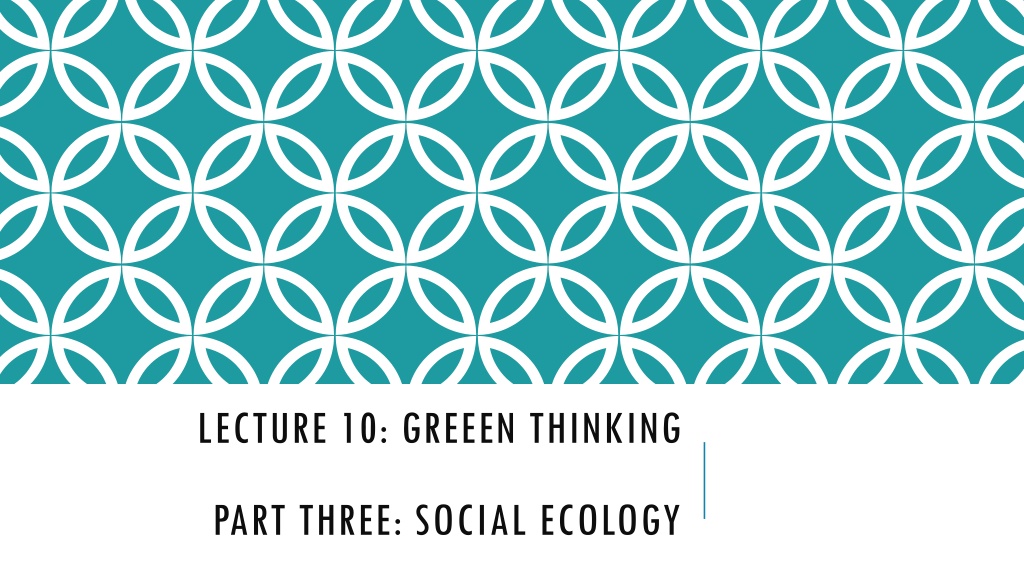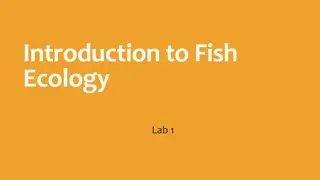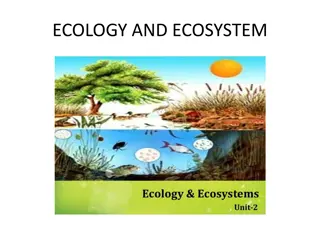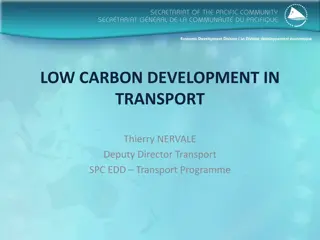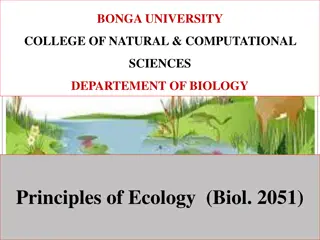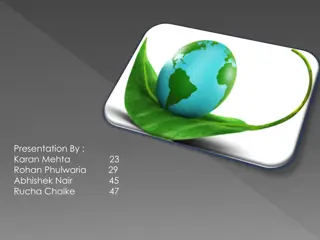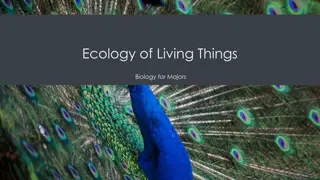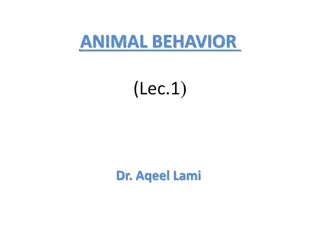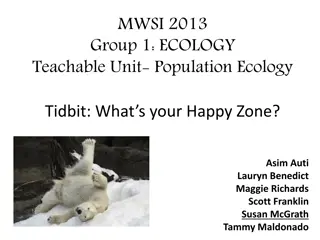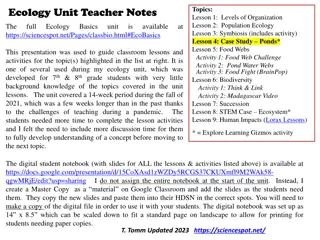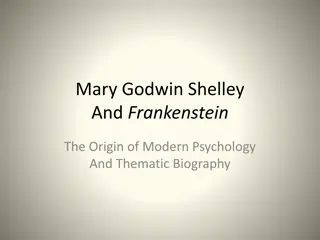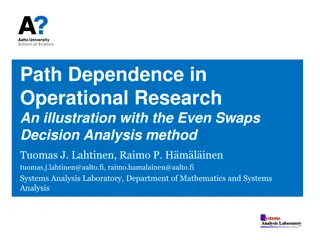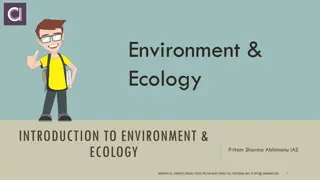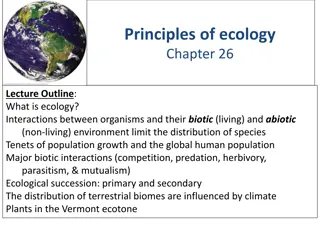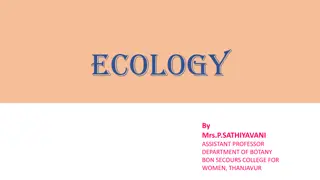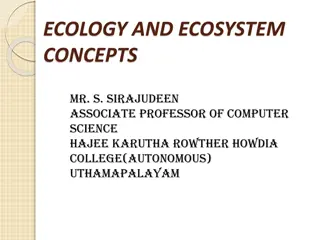Exploring Social Ecology and Anarchism: A Path to Sustainable Future
Social ecology emphasizes the interconnectedness between social issues and environmental problems, advocating for a society without domination or centralized control. Anarchism, often associated with social ecology, critiques hierarchy and promotes cooperation. The affinity between feminism and ecological thinking highlights the need to address systemic issues such as consumerism and violence against nature and women. Together, these ideologies offer pathways for a more sustainable and equitable future.
Download Presentation

Please find below an Image/Link to download the presentation.
The content on the website is provided AS IS for your information and personal use only. It may not be sold, licensed, or shared on other websites without obtaining consent from the author. Download presentation by click this link. If you encounter any issues during the download, it is possible that the publisher has removed the file from their server.
E N D
Presentation Transcript
LECTURE 10: GREEEN THINKING PART THREE: SOCIAL ECOLOGY
PUTTING PEOPLE BACK IN Can liberate humanity and the environment at the same time. Thinkers in this camp often try to marry socialist-type visions with ecological concerns. Consumer culture and the growth model: bad for people, bad for the Earth. Affinity between anarchism and ecologism.
A BIT ABOUT ANARCHISM What anarchism is not: Unconstrained violence. Chaos. Libertarianism. An easily identifiable, complete doctrine-- rejects fixed doctrines
THE ANARCHIST CRITIQUE Without leadership/government. Anarchy is order! Human nature: positive and co-operative. All forms of domination are negative. schools religion capitalism: property is theft! The modern state is (one of) the worst.
THE ANARCHIST VISION Without capitalism or centralized government. The alternative? syndicalism, mutualism, co-operatives. Names associated with anarchism: William Godwin (1756-36): social critic. Proudhon (1809-65): libertarian socialism. Revolutionary anarchists e.g. Bakunin (1814-76); Kropotkin 1842-21). Emma Goldman (1869-1940). Noam Chomsky, a self-declared anarcho-syndicalist .
MURRAY BOOKCHIN (1921-2006) Key thinker in social ecology and also to contemporary anarchist thought. Post-Scarcity Anarchism (1971) and Ecology of Freedom (1982). Fiercely critical of Marxism and class-based analysis. Social ecology is based on the conviction that nearly all of our present ecological problems originate in deep-seated social problems. It follows, from this view, that these ecological problems cannot be understood, let alone solved, without a careful understanding of our existing society and the irrationalities that dominate it. To make this point more concrete: economic, ethnic, cultural, and gender conflicts, among many others, lie at the core of the most serious ecological dislocations we face today apart, to be sure, from those that are produced by natural catastrophes. (1993) Municipal libertarianism based on strong faith in democratic participation.
Affinities between feminism and ecological thinking? But does this dualism just reinforce gender stereotypes? Intersectionality perhaps gives us another way of thinking about this. e.g. consumerism bad for women, environment, indigenous peoples. Similarity between violence against nature, violence against women. ECO-FEMINISM
GREEN THINKING AND SOCIAL THINKING NOW Climate change emerges as the most important issue. Coalescence around the idea of a just transition : ecological and social justice goals must be pursued together. perhaps not as radical as eco-anarchism, but similarly humanist ?
